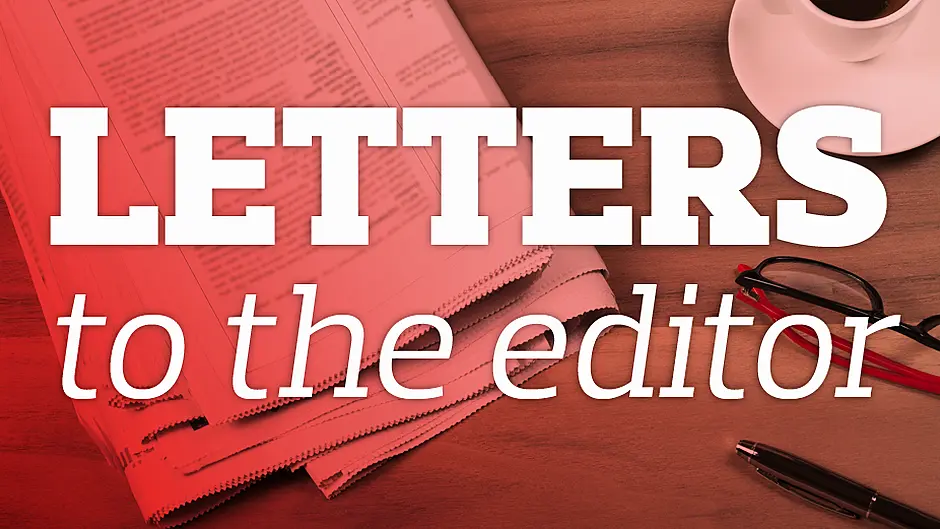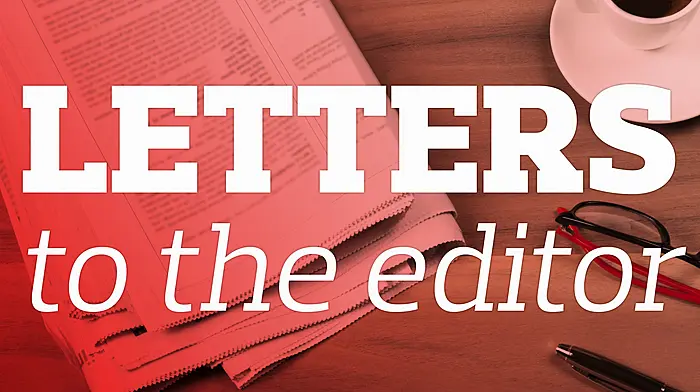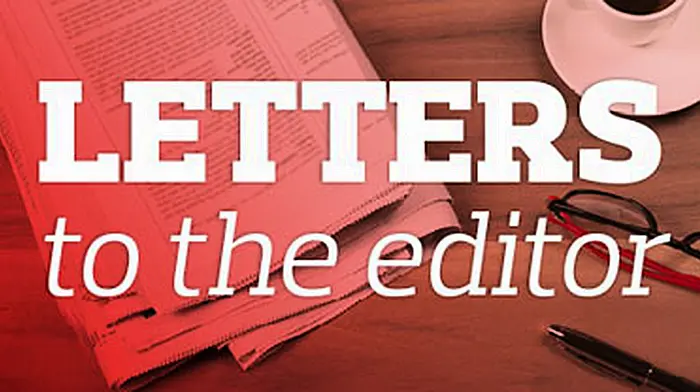EDITOR – Despite the span of 100 years since the Battle of Crossbarry in 1921, revisionists continue to denigrate the memory of those heroes in order to distract attention away from the cause for which many fought and some died.
During the War of Independence some 3,000 poorly armed and trained Irish volunteers took on, and defeated, the might of the world’s only military superpower.
The Flying Column tactics which secured victory at Crossbarry inspired national liberation movements around the world for decades after. These men were not sectarian murderers, as depicted by some, they were brave idealistic patriots who ploughed a furrow fraught with danger and severe hardship to secure independence. The Irish people had endured for centuries the brutality of British colonisation and the War of Independence restored a sense of national pride in a people, many of whom were confused as to their identity.
Despite insuperable difficulties and almost impossible odds the revolutionary men of the Flying Columns at Crossbarry, Kilmichael and around Ireland continue to be subject to intense scrutiny by hostile revisionists and inventive historians. It is our duty to defend their sacrifice, confront their detractors and prevent their names being dishonoured and besmirched. These men did not sacrifice their lives for riches, glory, nor for power. They sacrificed their lives for the future of unborn generations. Although many of these brave men did not live to reap the harvest they had sown, we in this generation are the fortunate beneficiaries of their heroic endeavours. It isnotable that the actions of British forces during the same conflict are not subject to a similar level of inspection and debate.
The legacy of the volunteers of the War of Independence is that the country they fought to free from occupation currently occupies seats on the UN Security Council, is one of the longest and most stable democracies in the world where more than 70 languages are spoken, and where peoples from more than 100 nations around the world are proud to call home.
Tom Cooper,
Irish National Congress,
Dublin 2








